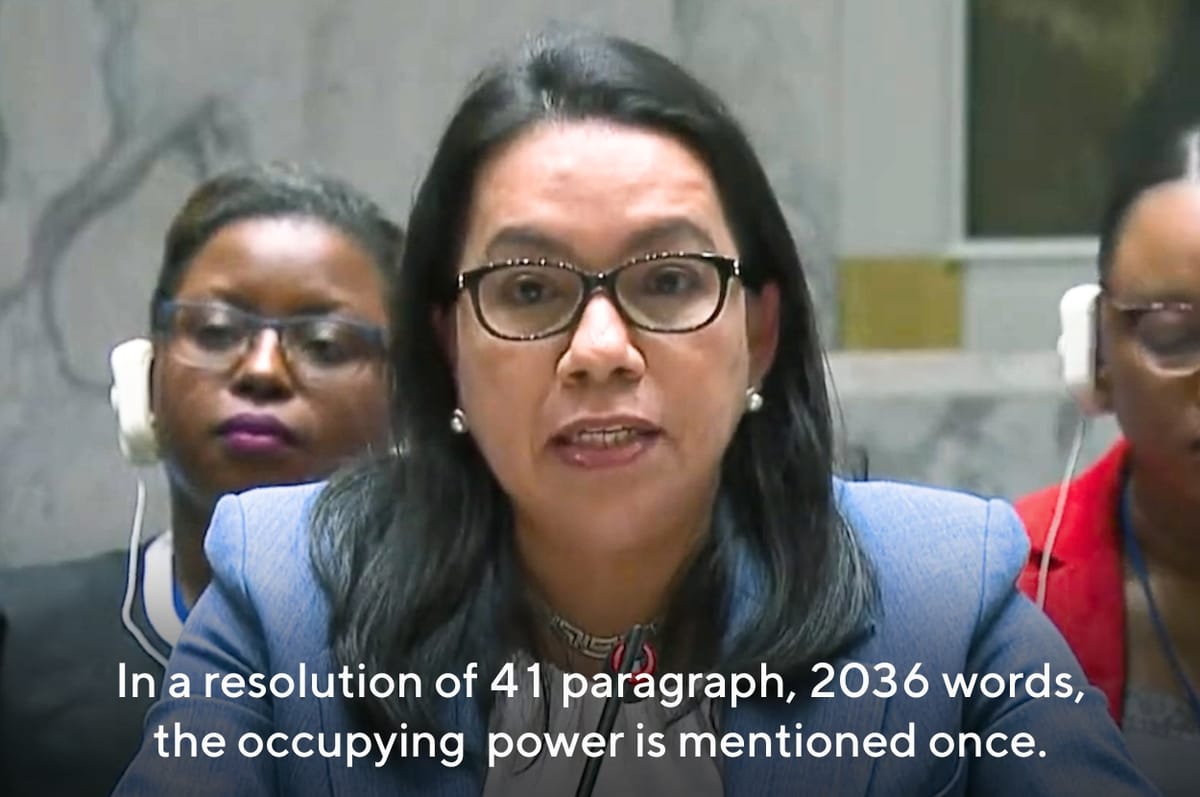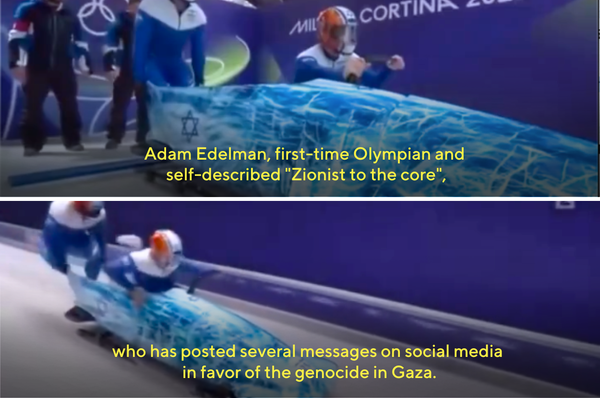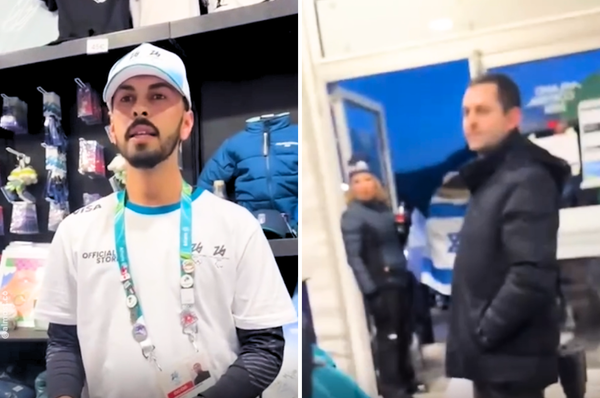Guyana Blasted The US For Proposing A UN Resolution On Gaza Without Demanding A Ceasefire
Guyana said given the responsibility and mandate of the security council, it could not support a resolution that does not unequivocally call for an immediate ceasefire.

A US-proposed UN security council resolution calling for – but not demanding – a ceasefire in Gaza has failed to pass after it was vetoed by permanent members Russia and China, with Algeria also voting no and Guyana abstaining.
The resolution, which was put to a vote on Friday, March 22, “determines the imperative of an immediate and sustained cease-fire” but does not directly demand one.
It received 11 votes in favor, with three votes against from Russia, China and Algeria, and one abstention from Guyana.
Speaking after the vote, Guyana’s UN representative, Carolyn Rodrigues-Birkett, offered a three-point takedown of the US resolution.
Rodrigues-Birkett first pointed out that contrary to some media reports, the resolution does not call for an immediate ceasefire.
She listed data that demonstrated the scale of death and destruction caused by Israel’s war, saying that given the responsibility and mandate of the security council, Guyana could not support a resolution that does not unequivocally call for an immediate ceasefire.
She then went on to say that the demand for a ceasefire should not be linked to or conditioned on the release of hostages.
“Two wrongs cannot make a right, and the Palestinian people should not be collectively punished and themselves held hostage for the crime of others,” Rodrigues-Birkett said.
In her third point, Rodrigues-Birkett said that although the resolution condemns Hamas’ Oct. 7 attack and demand they immediately grant humanitarian access to the hostages, it did not attribute what is happening in Gaza to the Israeli government nor make any demands of them.
“Who is responsible for 1.5 million Palestinians taking refuge in Rafah? And who has announced a planned military ground offensive there? … Who has erected and maintained the existing barriers to the provision of humanitarian assistance at scale? Who is responsible for the forcible displacement of the civilian population in Gaza? Who is preventing the use of all available routes to and throughout the entire Gaza Strip? Who does not respect deconfliction and notification mechanisms?,” she said.
“We know the answers to these questions,” she said, adding that despite this, the resolution’s demands are not clearly addressed to the occupying power, Israel.
“Not even once was this done. Indeed, if one were to read this resolution without background knowledge, it would be difficult to ascertain which party in this conflict is committing the atrocities in Gaza,” she said.
“In a resolution of 41 paragraph, 2036 words, the occupying power is mentioned once in the penultimate paragraph.”
Meanwhile, Russia’s ambassador, Vassily Nebenzia, accused the US of deliberately misleading the international community with a resolution that did not call for a ceasefire.
He also pointed out that the draft contained an “effective green light” for Israel to launch itsinvasion of Rafah, where more than 1.5 million Palestinians are sheltering with nowhere to go.
China’s representative, Zhang Jun said it had vetoed the resolution because it fell far short of the expectations of security council members, as well as those of the international community.
“If the US was serious about a ceasefire, it wouldn’t have vetoed time and again multiple council resolutions,” Zhang said. “It wouldn’t have taken such a detour and played a game of words while being ambiguous and evasive on critical issues.”
“Civilians in Gaza need a respite. Palestinians need a respite. Israelis need a respite. Both need a respite from this continuous cycle of violence and pain,” Rodrigues-Birkett said. “This is the real window of opportunity – the strong desire by the people of Palestine and Israel for peace.”





